Struggling in your relationship and finally convinced your partner to come to counseling with you?
Feeling post-holiday blues or even worse depression and ready to do something about it?
Are you desperate and lonely and just feeling plain shitty about things and you are tired of getting useless advice from friends and family?
Perhaps you have finally decided to schedule that appointment with a therapist. Good for you. Therapy will most likely help you. Significant research has been done that demonstrates that therapy helps most people[1].
No one tells you how to pick a therapist though. Should they be trained in Cognitive Behavioral Therapy? Should they be a psychoanalyst? Should they be certified in EMDR? Does it matter how many years they have been in practice? What about all of those different degrees that therapists have? What is the difference between a psychiatrist, a social worker, a psychologist, a mental health counselor, a life coach… it is all too much!
It makes sense to me that so many people don’t know how to begin this intimidating process of opening up to a total stranger and so they don’t bother. Another year goes by and they sink deeper into their patterns and nothing changes.
Don’t let this be you – therapy can help you. I want to help make the decision of who to work with easier for you.
While I believe that years and type of training as well as holding a license in a particular profession devoted to mental health is important, these issues are not paramount. What really matters when you are selecting a therapist is something a bit harder to measure, and something that no one can determine but you.
What is this secret single most important factor in determining the right therapist for you?
*Your comfort level*
That’s right. I don’t care if you are working with Sigmund Freud himself – if you feel creeped out or uncomfortable with your therapist, regardless of their expertise or training, I say ditch them.
Disclaimer: Most of the change that happens in someone’s life when they are in therapy is actually a result of things that happen outside of therapy. That makes sense when you think about it – if you were to suddenly lose your spouse over the course of therapy for an unrelated issue, you’d probably get pretty depressed, regardless of what’s going on in therapy. Or, if during a time in your life when you were in therapy, you suddenly met the love of your life and began a life happily ever after with this person, you’d probably be pretty cheery regardless of what was going on with therapy. So, factors outside of therapy have a pretty big effect on one’s life. Research on this topic of therapy outcome has shown that as much as 40% of change in therapy is accounted for by those things that happen outside of therapy[2].
What are the factors within therapy that affect its outcome, though?
As I said before, your comfort level and the relationship that you have with your therapist are the most important factors within therapy that will determine the outcome of your work together.
The research cited above demonstrated that the model or technique a therapist utilizes only accounts for about 15% of change and the client’s expectations about how much therapy will help, in other words the placebo effect, additionally accounts 15% of change.
A whopping 30% – twice as much as the model the therapist subscribes to – of change in therapy is due to the relationship that you have with your therapist. So if you don’t feel comfortable with the person in front of you, run the other way.
When you are choosing a therapist to work with, you should be interviewing them as much as they are interviewing you. If you feel weirded out by anyone on your first phone call, I wouldn’t bother scheduling an appointment. I would advise scheduling a few intakes with a few different therapists and getting a feel for each of them. Trust your gut – if you like the person, that might be a good sign they are the right person to work with! If not, for whatever reason, you have no obligation to continue working with them. Don’t be afraid to shop around.
People make the mistake thinking that any therapist will be able to help them. It should be noted, however, that therapists are not mechanics – and our clients (you!) are not machines. Psychotherapy is built on a human relationship and sometimes it’s inexplicable why some work and some don’t. The best thing you can do is trust yourself and your instincts and sign on with someone who you truly feel comfortable with.
(As a side note, I would of course make sure they have adequate credentials such as an advanced degree in psychology, social work, mental health counseling, marriage and family therapy or psychiatry, as well as an appropriate state-issued license to practice their profession. This is important too!)
So – there you have it. The single most important factor in choosing a therapist that’s right for you is the relationship that you have with that person. If you don’t feel comfortable with them, find someone else.
Cheers to your best relationship – and a great relationship with your therapist!
Jenev
[1] See American Psychological Association’s summary: http://www.apa.org/news/press/releases/2012/08/resolution-psychotherapy.aspx
[2] Lambert, M. (1992). Psychotherapy outcome research: Implications for integrative and eclectic therapists. In J.C.Norcross & M. R. Goldfried (Eds.), Handbook of psychotherapy integration (pp. 94-129). NY: Basic Books.
 Loading...
Loading...




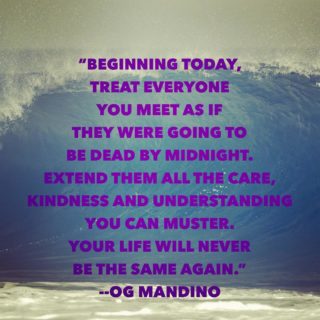
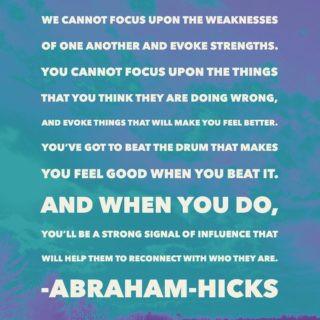







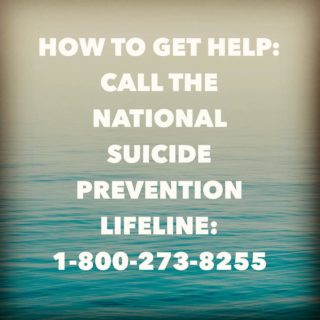

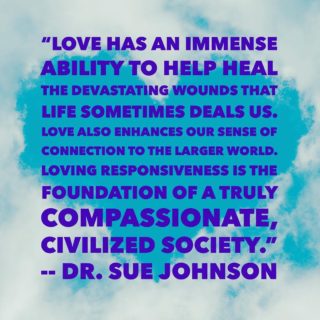

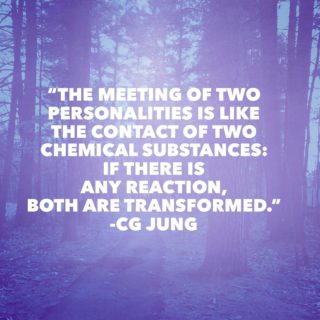





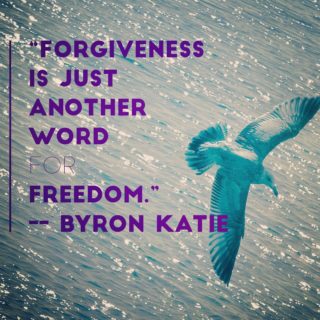






Leave a Reply